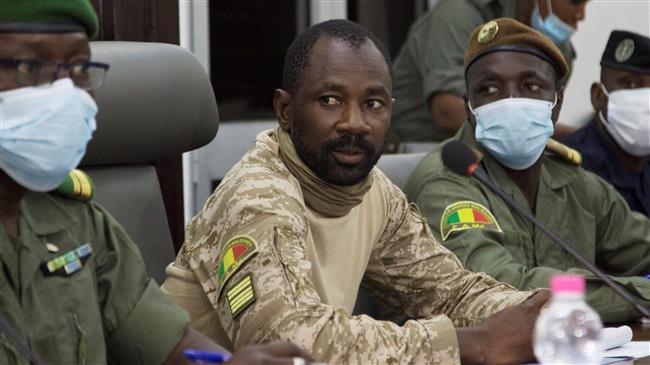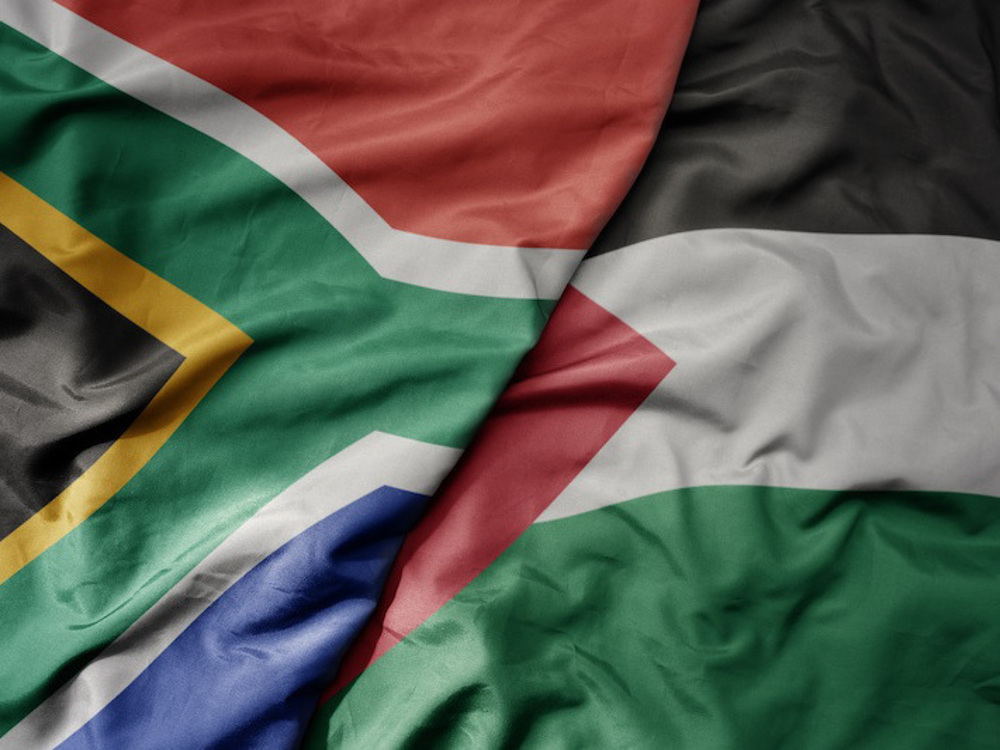Mali junta adopts ‘charter’ for 18-month transition government, opposition rejects it
Mali’s military junta has vowed to establish an 18-month transition government as fear over the role of military hampers efforts aimed at restoring political calm to the African country following a coup last month.
Colonel Assimi Goita, the head of Mali’s military junta, announced on Saturday that a junta-appointed committee had adopted a "charter" for the 18-month transition government, without clarifying whether its president would be a military officer or a civilian.
“We make a commitment before you to spare no effort in the implementation of all these resolutions in the exclusive interest of the Malian people,” Goita said.
The announcement was said to have been made after three days of talks with opposition groups, religious leaders and political activists on the length of the transition government and the military's role in it in Mali’s capital of Bamako.
Moussa Camara, the spokesman for the talks, reportedly said in remarks at the end of the three-day negotiations that the interim president would be selected by electors chosen by the junta.
Coalition rejects junta's post-coup charter
The M5-RFP coalition, comprised of 500 delegates that organized protests against Malian President Ibrahim Boubcar Keita before the August 18 coup, has forcefully opposed the idea that a military officer could be at the helm of the transition.
The coalition responded to the announcement and said the final version of the charter failed to reflect the results of the talks, which it said included a majority vote for a civilian interim president.
"M5-RFP distances itself from the resulting document which does not reflect the views and decisions of the Malian people," it said in a statement released late on Saturday.
After an escalating series of mass protests, young army officers mutinied on August 18, seizing Keita and other leaders and declaring they now governed the country.
The coup shocked Mali's West African neighbors and ally France, heightening worries over instability in a country already struggling with a Takfiri insurgency, ethnic violence and economic malaise.
The coup has been condemned abroad, with regional countries calling for a return to civilian rule and threatening to impose sanctions if that does not happen.
Hamas calls for action against Israeli settler incursions into al-Aqsa Mosque
'Hell of the hell': UNRWA blasts Israel’s months-long deadly siege on northern Gaza
VIDEO | Israel wipes out northern Gaza
VIDEO | Press TV's news headlines
Israel kills 5 Palestinian journalists in front of Al-Awda Hospital in Gaza
VIDEO | Gaza ceasefire obstacles
VIDEO | Pakistani Christians mark Christmas in solidarity with Palestine
VIDEO | Plight of Gaza cancer patients












 This makes it easy to access the Press TV website
This makes it easy to access the Press TV website